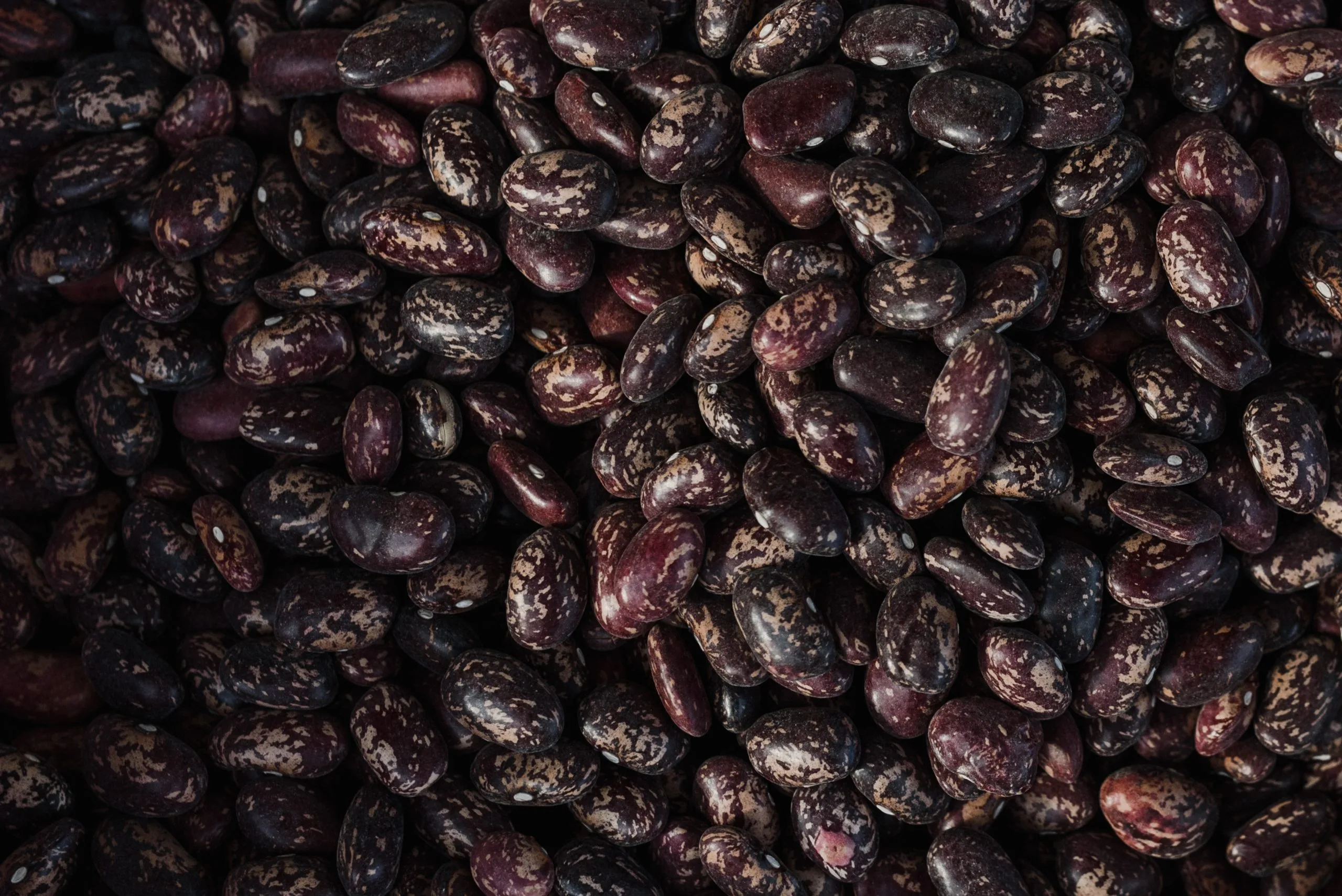The search to improve cognitive function has led to millions of people consuming “brain-boosting” supplements. Promising improved cognitive flexibility and lowering levels of fatigue. It seems the benefits are endless. As incredible as they may sound, there is still skepticism surrounding these unregulated products. The latest supplement facing scrutiny is Mucuna Pruriens, the “Dopamine Bean”.
What Is This Bean?
Mucuna Pruriens, or Velvet Bean, is a bean with a dark, itch-inducing surface. This is due to serotonin and other substances on its surface. For years, this tropical legume has been a herbal remedy for nervous disorders. But now, it is being used to increase dopamine levels. This bean has numerous benefits, showing how dynamite does indeed come in small packages.
The Benefits of Using Mucuna Pruriens
1. Improving Brain Function
The most potent phytonutrient we find in this bean is Levodopa (also known as L-DOPA). As a central nervous system agent, Levodopa is the precursor to dopamine. This is because of its ability to cross the blood-brain barrier.
Dopamine is a neurotransmitter that aids the transmission of nerve signals. Our bodies need enough of it to aid alertness, concentration, happiness, mood regulation, and memory. This makes it a possible antidepressant, through its ability to reduce brain inflammation.
2. Reversing Inflammation
A study by Emory University showed that Levodopa could reverse the effects of inflammation on the brain. This led to the improvement of depression symptoms.
Various studies have shown that brain inflammation reduces motivation and anhedonia. These are both core symptoms of depression. In fact, the Department of Psychiatry and Behavioral Sciences at Emory University found that the effects of brain inflammation led to a decreased release of dopamine.
Low dopamine levels in specific parts of the brain can trigger these symptoms. Low levels in the brain’s emotional (mesolimbic) centers may lead to an inability to feel pleasure, while low levels in cognitive (mesocortical) areas may lead to a lack of motivation. These are both common in depression and since Levodopa has the ability to increase dopamine, it can play a role in alleviating depression-related symptoms.
3. Aiding Male Infertility
Dopamine plays an important role in men’s sexual behavior and libido. As a result, Mucuna Pruriens is commonly used to treat male infertility due to its dopamine-boosting and antioxidant content. In one study of 60 infertile men, this supplement not only improved sperm count, but also improve sperm mobility and quality.
Another study also indicated that it had increased testosterone, making it potentially beneficial for men’s sexual health. However, only a few clinical trials support this use, so one should be careful when considering this.
4. Treating Parkinson’s Disease
This is perhaps the most common clinical use of this supplement. Parkinson’s disease is a progressive neurological disorder, that causes issues including tremors, slow movement, and muscle stiffness. What we usually see in people with Parkinson’s disease is a low level of dopamine.
As dopamine levels begin to decrease, signs of this disorder begin to reveal themselves. The smooth, controlled body movements aided by dopamine are now replaced by tremors and stiffness. The National Institute of Neurological Disorders and Strokes states that symptoms begin to appear when one loses about 60-80% of the dopamine-producing cells in their brain.
In a clinical trial, Mucuna Prurien powder decreased Parkinson’s disease symptoms. Another study showed that not only was it as effective as levodopa treatments, but it was absorbed and reached peak levels at a faster rate.
The Risk Of Side Effects
While the evidence seems positive, a randomized pilot study with 14 Parkinson’s disease patients found that the powder had more side effects than Levodopa. The daily intake of the supplement led to half of the patients stopping their intake because of gastrointestinal side effects and worsening mental performance. This raises questions about the safety of this supplement.
While long-term safety hasn’t been established, common side effects of Mucuna Pruriens include:
- Nausea
- Vomiting
- Insomnia
- Abdominal Discomfort
Mucuna Pruriens overdose can lead to:
- Headaches
- Fatigue
- Extreme Thirst
- Fainting
- Tremors
It is also important to note that this bean contains dangerously high levels of Levodopa. While L-DOPA may be beneficial, its side effects include:
- Loss of appetite
- Dizziness
- Dry mouth
- Agitation
- Forgetfulness and confusion
- Low blood pressure
Is The Bean Meant To Be?
The market is full of products making tons of promises to consumers. From strong nails and thick hair to improved depression and an energy boost, there’s a supplement out there to meet your needs. But since these products aren’t subject to the same regulatory rigor that allopathic medicines are, it is essential that you consult your doctor before implementing anything new into your routine.
While a naturally derived dopamine resource may be beneficial to our health, we need to ensure that we’re using it the right way. Consuming too much can pose more issues than merely running out of supplements before the month ends. The side effects are horrible, and can also lead to long-term health issues.
References
Pathania, R., Chawla, P., Khan, H., Kaushik, R. and Khan, M.A., 2020. An assessment of potential nutritive and medicinal properties of Mucuna pruriens: a natural food legume. 3 Biotech, 10(6), p.261.
Deli, M., Nguimbou, R.M., Djantou, E.B., Tatsadjieu Ngoune, L. and Njintang Yanou, N., 2020. Bioactive compounds of velvet bean (Mucuna pruriens L.) seeds. Bioactive Compounds in Underutilized Vegetables and Legumes, pp.1-19.
Han, D.G., Bae, M.J. and An, B.J., 2022. Anti-Inflammatory Activity of Velvet Bean (Mucuna pruriens) Substances in LPS− Stimulated RAW 264.7 Macrophages. Molecules, 27(24), p.8797.
Header Photo from Arina Krasnikova on Pexels



![women [longevity live]](https://longevitylive.com/wp-content/uploads/2020/01/photo-of-women-walking-down-the-street-1116984-100x100.jpg)










